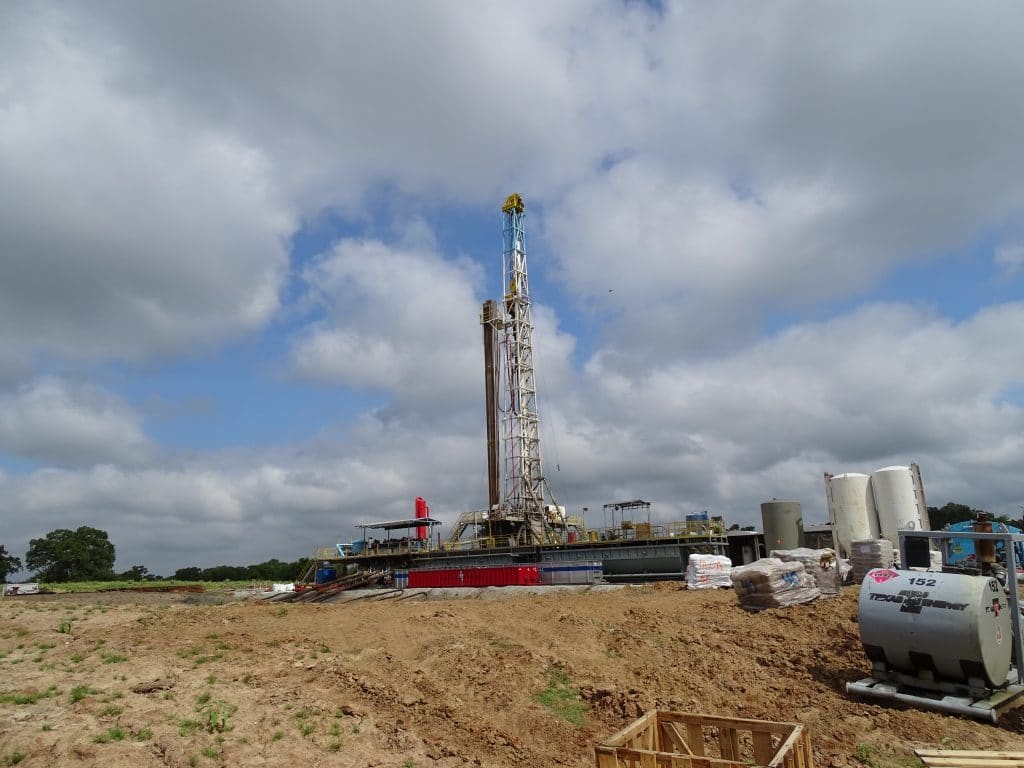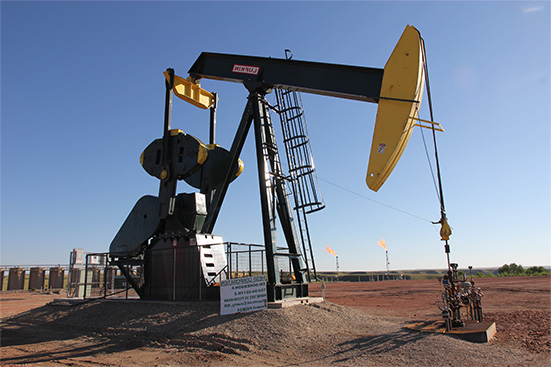
America has become one of the leading countries when it comes to oil exploration and production, so it is high time for qualified investors to consider direct investments in oil and gas.
At DW Energy, we are serious about helping you become a profitable direct investor in the oil and gas industry. We want to provide as much guidance as we can. On that note, we present to you this glossary covering some general oil industry terms.
Active well
An active well is one that is currently producing natural gas or oil.
Barrel
One standard oil barrel holds approximately 159 liters or 42 U.S. gallons. In the early days, the barrel was used in oil production as a means to transport oil. In modern times, it is used to measure pricing and transport volumes.
Basin
An enormous natural depression on the earth’s surface where sediments accumulate.
Completion
A general term used to describe the process of bringing an oil well ready for production. The borehole is prepared according to the specifications required. This process includes running downhole tubulars deep into the hole and cementing the casing.
contact dw energy
Want to learn more about oil & gas investing? Our expert team can provide you with more information or schedule a consultation to talk about diversifying your investment portfolio.

Drilling mud
This refers to the fluid circulated and pumped down the drill bit and pipe to maintain well pressure, lubricate the drill pipe, and cool it as it keeps turning. Drilling mud is a combination of clay, water, and some chemical additives.
Elephant
This refers to an oil field that has an excess of 100 million recoverable barrels of oil.
Gas-cut mud
This is formed when drilling mud becomes charged with gas or aerated from formations in the hole, creating bubbles in the drilling fluid in the process. A gas-cut mud formation indicates the presence of commercial quantities of gas in the formation.
Hydraulic Fracturing
To force the strata apart, the hydraulic fracturing method is used. Hydraulic fracturing refers to the process of inducing fissures and fractures in the formation, with the aim of stimulating production from a formation that has low permeability.
Infill drilling
To test recovery methods, increase estimated ultimate recovery or accelerate expected recovery, infill drilling is done. Infill drilling enhances sweep efficiency by increasing the number of wells in a given area.
Midstream
Refers to one of the 3 major stages in oil operations. The midstream stage includes processing, storing, and transporting, before undergoing refining at a petrochemicals plant.
Natural gas
A naturally occurring combination of hydrocarbon gasses that is expansible and highly compressible. One of the main constituents of natural gasses is methane, but it also includes lesser quantities of propane, ethane, pentane, and butane. Helium, carbon dioxide, hydrogen sulphide, and nitrogen may also be present in big proportions.
Petroleum
Is a broad category that essentially means “rock oil.” This includes both petroleum and crude oil products, and are often used interchangeably.
Refinery
The process where crude oil is transformed into more useful products like diesel, petrol, jet fuel, petroleum naphtha, olefins, and asphalt base. Generally, crude oil will be refined further to create products such as detergents, plastics, or cosmetics.
Royalty Interest
This refers to the ownership of a resource or its production revenues. A person or a company that owns royalty interest does not shoulder the operational costs – such as producing, drilling, marketing, or operating – as well as the revenue it produces.
Secondary recovery
This is the second stage of hydrocarbon production and is done when a huge part of the oil was not recovered by primary means. The method involves the injection of water or gas to displace the oil and bring it to the surface.
Ready to become an investor?
DW Energy Group is a non-operating oil and gas exploration company located in the Dallas, Texas metro area. Since 2008, the company has provided industry-leading oil and gas investment opportunities to qualified investors. If you are a qualified investor, we encourage you to invest in some of the most promising oil and gas industry projects today. To learn more about how we help qualified investors achieve their tax strategies and financial objectives, get in touch.
Contact dw energy
Sources:
“Oil and Gas Well Drilling and Servicing eTool,” U.S. Department of Labor OSHA, https://www.osha.gov/SLTC/etools/oilandgas/glossary_of_terms/glossary_of_terms_a.html
“Glossary,” U.S. Energy Information Administration, https://www.eia.gov/tools/glossary/
